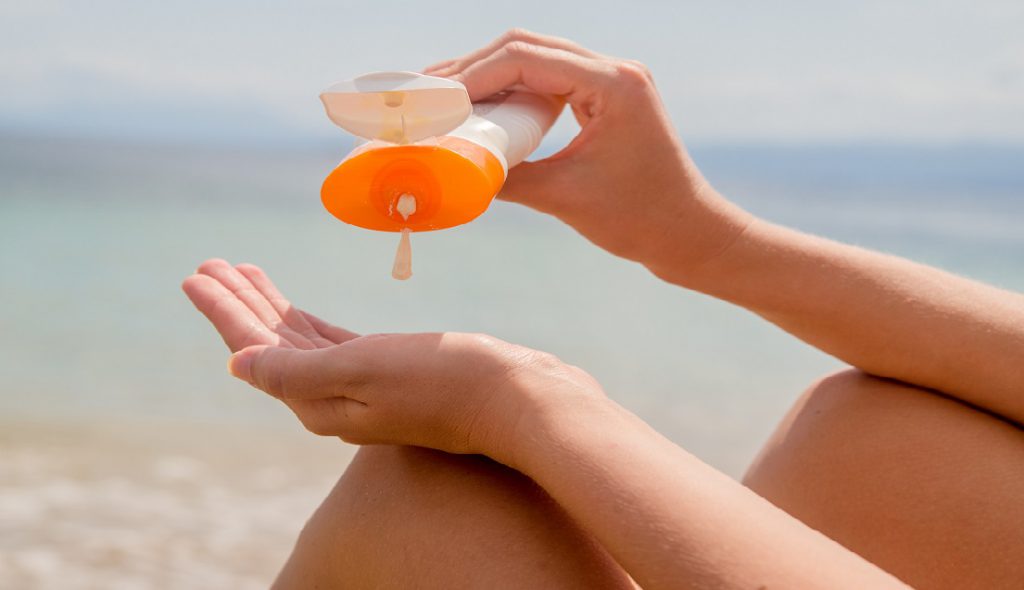Selecting a sunscreen might be challenging given the abundance of alternatives available. Start by searching for those with a minimum SPF of thirty. It’s likely that you have heard cautions about the need of wearing sunscreen if you spend any time outside.
Although not wearing sunscreen is still preferable than not wearing any, if you can choose, use a sunscreen with at least SPF 30 in broad-spectrum UV protection. All skin tones should follow these guidelines. Ideally, you ought to slather your skin with sunscreen half an hour before venturing outside.
Continue reading to find out more about SPF and UV protection for your skin.
What Is SPF?
The acronym for sun protection factor is SPF. SPF in sunscreen aids in shielding your skin from UV rays.
UVA and UVB rays are the two kind of radiation that the sun releases. UVA radiation have a role in the development of wrinkles and skin sagging as we age. Sunburns are frequently caused by UVB rays, which are more harmful. Together, UVA and UVB radiation can be fatal since they increase each other’s reactivity.
Almost wherever that you are outside or near a window that lets in sunlight, you are exposed to the sun’s damaging radiation. Your skin is affected by the radiation even if you don’t get sunburns easily.
SPF protects your skin from UV radiation by boosting its natural defences. An SPF of 15, for instance, offers roughly 15 times more protection than unprotected normal skin. Hence, skin with an SPF of 50 would offer 50 times greater protection than skin without sunscreen. Selecting a sunscreen that can prevent UVA and UVB rays is known as broad-spectrum sunscreen.
Many people wrongly think that persons with darker skin don’t require sunscreen, yet a study revealed that participants in the Black group had greater incidences of fatal skin cancer.
HOW TO USE SUNSCREEN?
The typical lifespan of sunscreen is two hours. That means you should prepare to reapply every two hours. Reapply more regularly if you perspire a lot, feel your skin burning, or spend a lot of time in the water.
A moisturiser or cosmetics with an SPF 15 foundation is adequate for minimal sun exposure. For other circumstances, though, you should think about the outdoor activity you’ll be engaging in when deciding which type of sunscreen to apply. You may pick from a wide variety of sunscreen kinds.
Consumer Reports also found that many sunscreens don’t work as well as advertised, so be careful when choosing a very low SPF. There isn’t any more protection after SPF 50, but there’s a chance that a bottle that says 50 is actually less SPF. When in doubt, go with the 50.
If you use sunscreen, you can still acquire tan. Applying sunscreen is necessary all the time, and if you spend a lot of time in the pool or other body of water, it can rub off, sweat off, or wash off.




